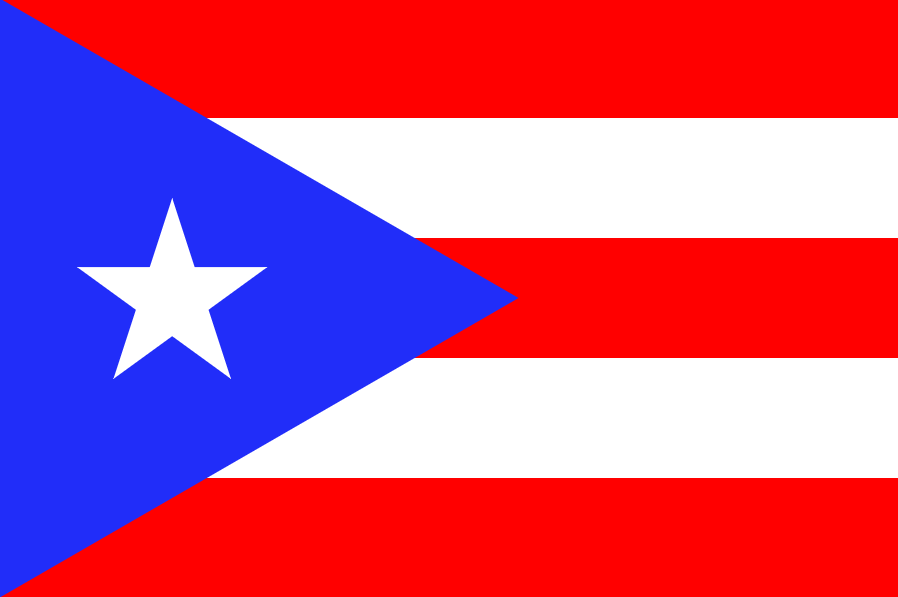100 Years in Limbo

Flag of Puerto Rico, via Wikimedia Commons/ Public Domain
On September 20th Hurricane Maria hit the island of Puerto Rico; today, a month after the hurricane, 80% of the island remains without power, while food and water are scarce. As of now, 48 people have died, and yet, Trump has threatened to end aid from the Federal Emergency Management Agency (FEMA).
In the midst of this disaster, the current US administration has not offered enough assistance, as FEMA has only delivered 9% of the island’s drinking water requirement. While 3 million people lack power and 1 million live without running water, Trump rates US involvement in Hurricane Maria relief a 10 out of 10. Yet, when compared to relief efforts after Hurricane Harvey in Texas and Hurricane Irma in Florida, the amount of aid from FEMA and support offered from the president is minimal. Trump and his administration have neglected an island who day by day is forced to suffer the effects of a careless administration.
It is not a coincidence that Puerto Rico, an island composed primarily of latinxs, is being ignored. Nor is it insignificant that Trump has accused Puerto Ricans of asking for too much aid, framing Puerto Ricans as stereotypically lazy. Downplaying the impact of Hurricane Maria and limiting federal assistance to the island fits in with a long history of the U.S. treating Puerto Ricans like second-class citizens.
When Puerto Rico became U.S territory soon after the Spanish American war, the process of granting Puerto Ricans citizenship was left under Congress’s jurisdiction. The Jones-Shafroth Act was passed by Congress in 1917 with the intention of maintaining U.S. authority over the island. While the individual could be represented by Puerto Rico’s own legislative branch, the United States could veto any law or policy passed, creating an illusion of individual rights and a facade of democracy.
Consequently, for a century, Puerto Rico has existed within a citizenship limbo, as all rights given to Puerto Ricans remain dictated by Congress, not by the constitution.It was never Congress’s intention to create an inclusive space for Puerto Ricans; Congress merely wanted access to the island’s resources and its convenient location in the Pacific. Interested in expansion and building a navy that stretched overseas, the relationship between Puerto Rico and the U.S. is composed of an exploitive history where the allure of new territory surpassed the potential liberty for Puerto Rico’s inhabitants.
As Jose A. Cabranes argues in “Citizenship and the American Empire: Notes on the Legislative History of the United States History of Puerto Ricans,” the unequal distribution of rights to Puerto Ricans has “the effect of perpetuating the colonial status of Puerto Ricans.” Unable to cast a vote in the presidential election, and with only one representative in the U.S. House of Representatives, Puerto Rico has long remained in the shadows. The political status of those born on the island is constantly contested, as the U.S.’s disregard for the island’s wellbeing underlines the substandard level of citizenship given to those who are born and continue to live on the island.
While Puerto Rico continues to undergo the effects of Hurricane Maria, the situation is only exacerbated by the president’s lack of attention—a negligence rooted in a history of racism and inferior citizenship. Consequently, absence of substantial U.S sponsored aid in the wake of Hurricane Maria is a symptom, and reflection, of the United States’ history of apathy, exploitation, and imperialism—a history continuing today.




